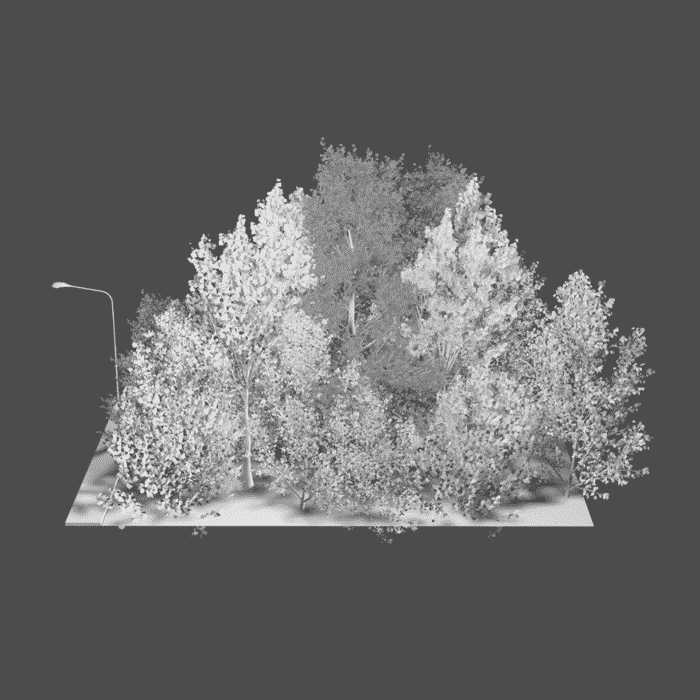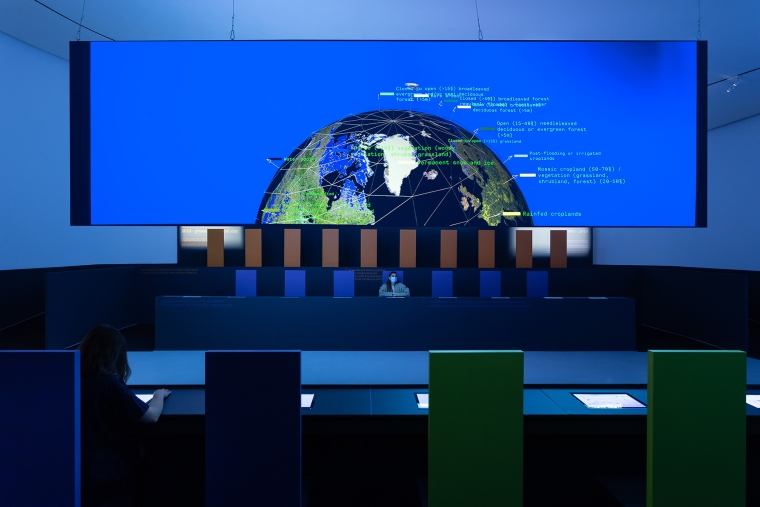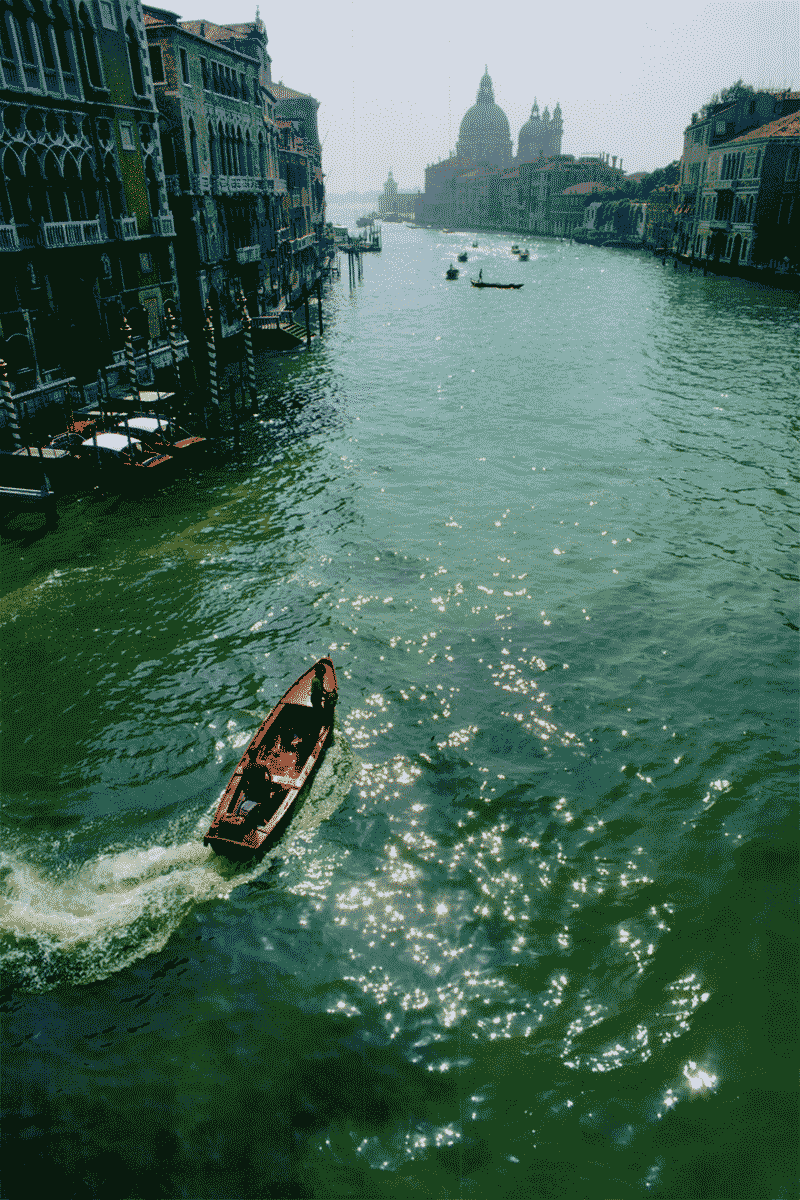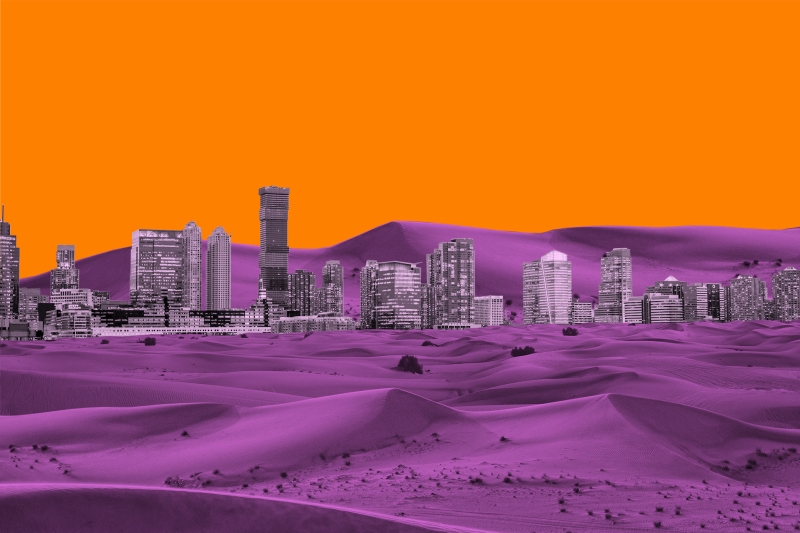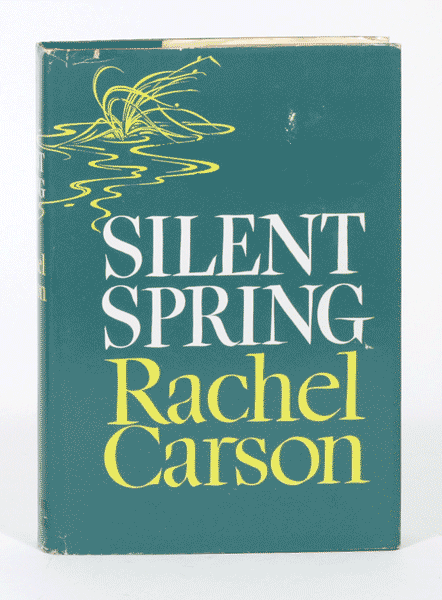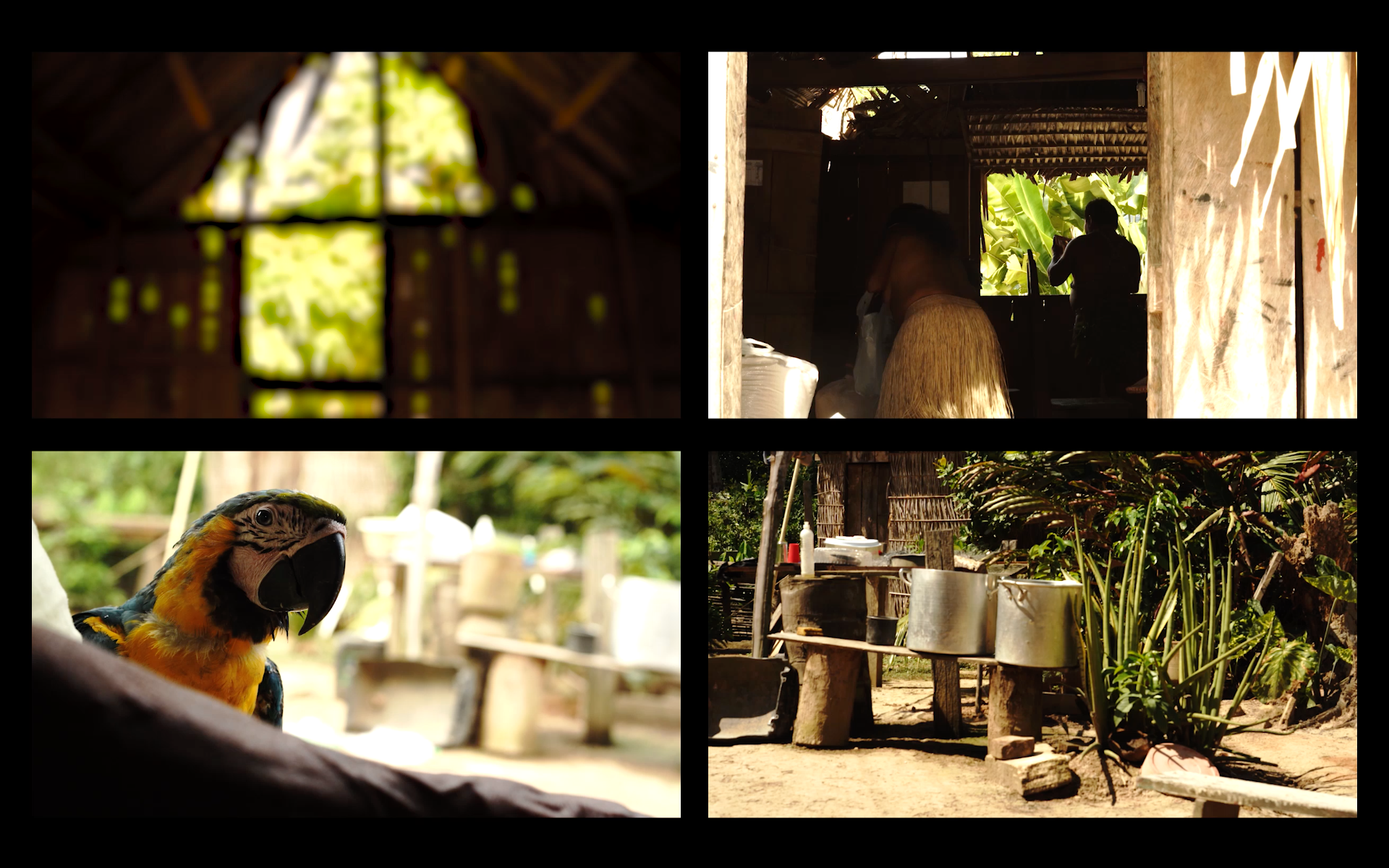
Carla Maldonado, Dystopia of a Jungle City, and the Human of Nature (video still), 2019. Digital video, colour, sound, 31 min. © Carla Maldonado, courtesy of the artist.
Shown here, at maat ext. Cinema, from 27 June to 5 September 2022.

Documentation of Carla Maldonado’s collaboration with Cipiá Indigenous Community Center in Manaus, the 31-minute-long digital video Dystopia of a Jungle City and the Human of Nature (2019) from the Visual Natures mapping.
Echoing the Groundworks timeline and the Visual Natures mapping: 2019
Presented alternately as a four- and single-channel video installation, Carla Maldonado’s Dystopia of a Jungle, and the Human of Nature presents a haunting ode to the daily life of Indigenous people in fragile harmony with nature. The 31-minute-long digital video adapted from the 26-minute four-screen installation shines light on the disastrous effects of the Brazilian President Jair Bolsonaro’s attacks on the laws that protect the Amazon Jungle and its people.
“… With editing that evokes the rhythm of forest sounds, it is a haunting ode to their daily life in fragile harmony with nature, and an alarming call for action against the far-right regime of Jair Bolsonaro, which aggressively attacked the laws protecting the Amazon forest and people. In September 2019, the U.S. and Brazil agreed to promote private-sector development in the Amazon. Drought-related and intentionally set fires (which grew by 84% in 2019) and advancing deforestation will soon lead to the tipping point, when the entire forest will start dying. It will have catastrophic effect on global climate. The artist lends us her lens to gaze at this dying ecosystem. The film presents tragically conflicting points of view: one of Bolsonaro’s regime and global corporations, and that of indigenous people, who already live in close proximity to “civilization” and are increasingly dependent on it, silently asking us where we stand. Maldonado walks jungle paths and city streets recording the outcasts, struggles and revolutionaries of our time. She understands ecofeminism as the fight against the degradation of the environment by patriarchal power structure and capitalist economy. In other works, searching for a successful revolution to ensure survival, she looks to female leaders of native communities in Brasil – women who understand our connection to nature."
– Monika Fabijanska, curator of ecofeminism(s), Thomas Erben Gallery, New York, 2020.
Still from the video Dystopia of a Jungle City, and the Human of Nature, 2019, by Carla Maldonado. Digital video, colour, sound, 31 min. © Carla Maldonado, courtesy of the artist.
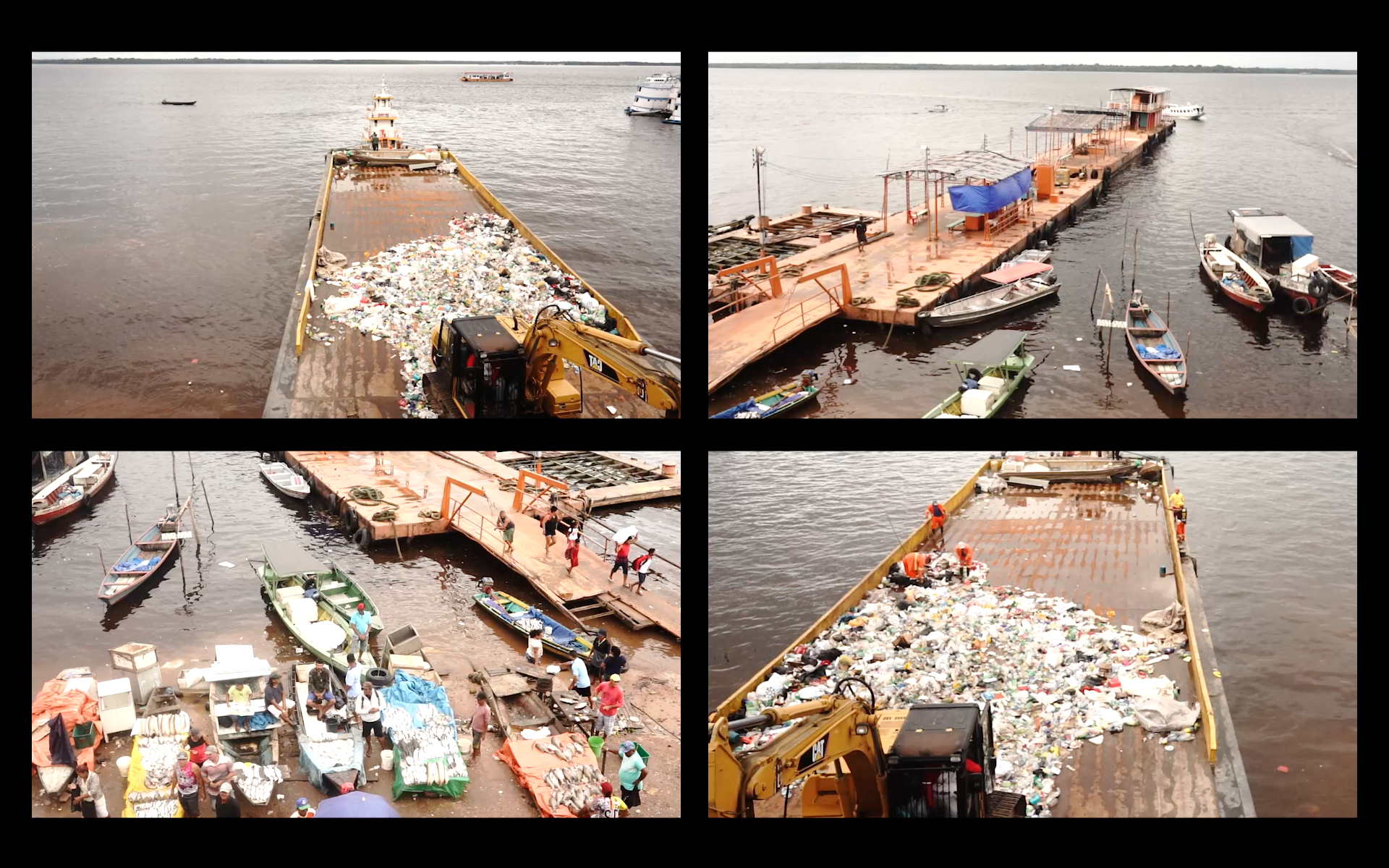
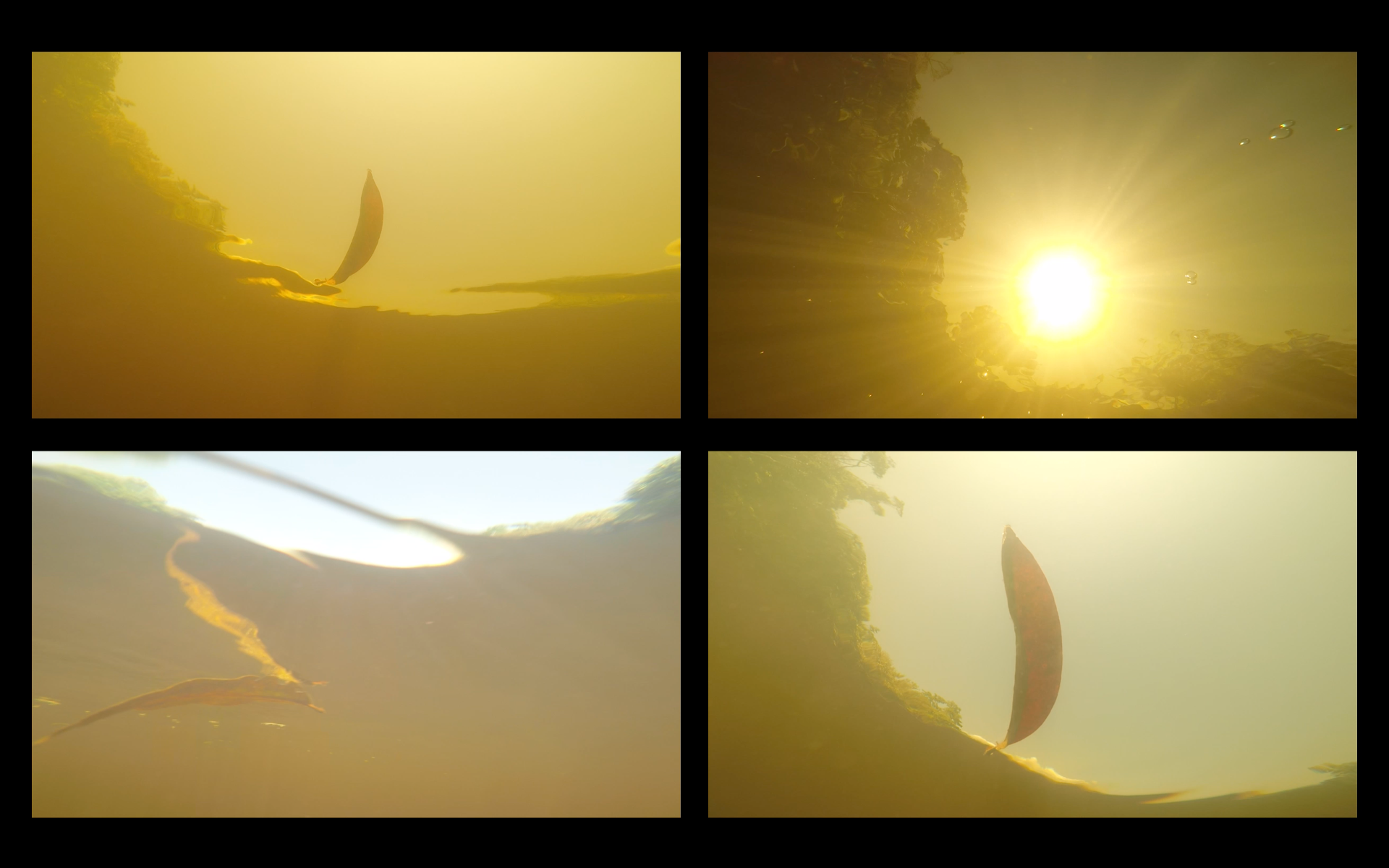
“The collapse of the Amazon rainforest is inevitable if Jair Bolsonaro remains president of Brazil”
Jonathan Watts, “Amazon rainforest ‘will collapse if Bolsonaro remains president’”, The Guardian, 14 July 2021
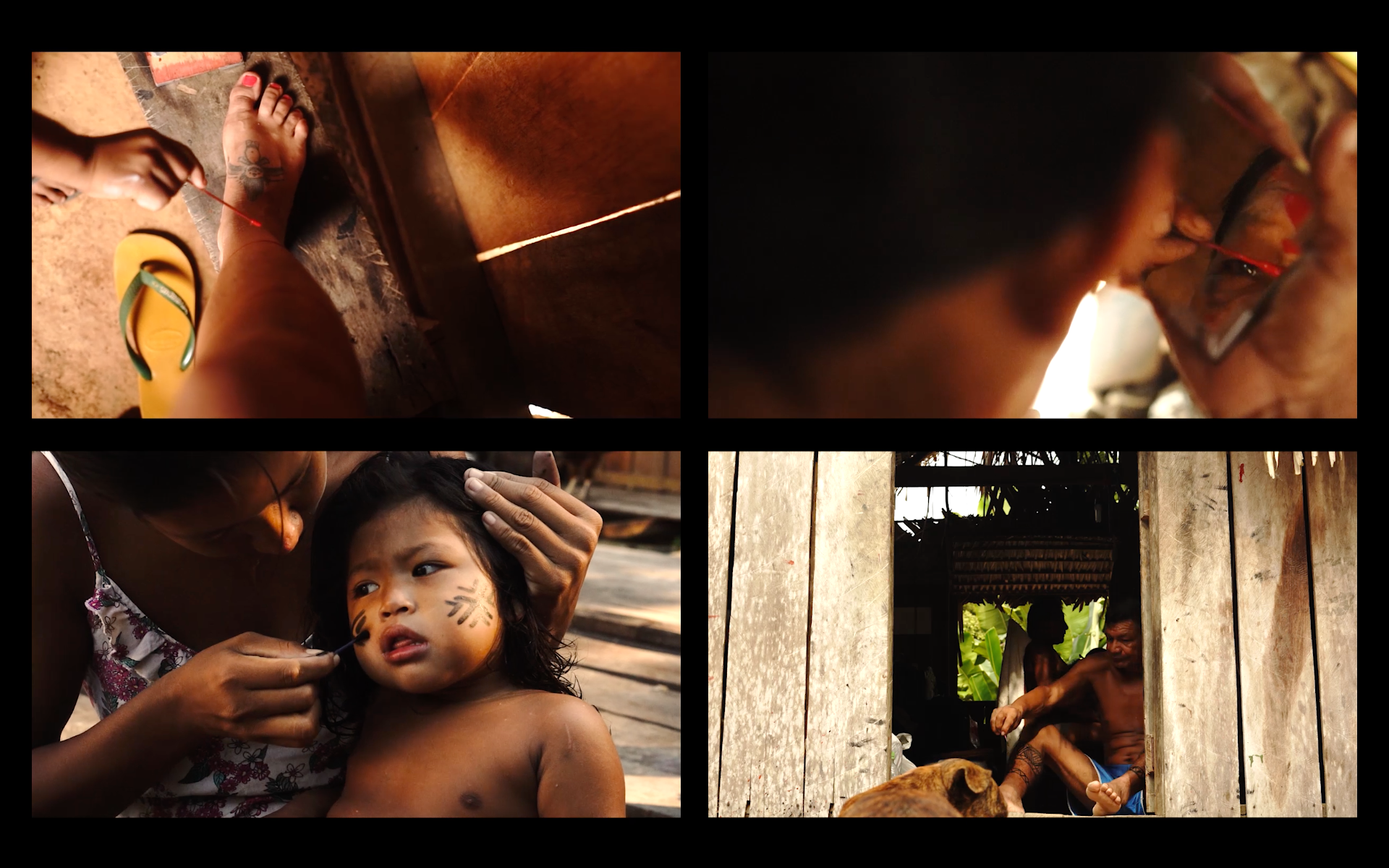
The documentary has been credited for its intersectional ecofeminism and is, as many of Maldonado’s multimedia works and site-specific installations, influenced by queer ecology and ecofeminism as a cultural form of resistance. It starts with a video clip of journalist Wilson Lima speaking with Jair Bolsonaro while the two are flying over the Amazon rainforest for the President’s first official visit to the city of Manaus in August 2019. In this footage, Bolsonaro chillingly states “The Amazon Forest is my economic strategy, every other country wants to exploit it too, but the Amazon is ours, not theirs.”
The 2019 vow by Bolsonaro to make the Amazon Forest his economic strategy and “to open the rainforest to industry and scale back its protections” made headlines in international media (Matt Sandy, “‘The Amazon Is Completely Lawless’: The Rainforest After Bolsonaro’s First Year”, The New York Times, 5 December 2019, available here for subscribers). Two years later, activists, scientists and Indigenous peoples stood united in the fight against Bolsonaro’s attack on Amazon protection laws with The Guardian publishing warnings from academics and environmental activists that “The collapse of the Amazon rainforest is inevitable if Jair Bolsonaro remains president of Brazil” (Jonathan Watts, “Amazon rainforest ‘will collapse if Bolsonaro remains president’”, The Guardian, 14 July 2021, available here).
View of the four-channel installation version of Dystopia of a Jungle City, and the Human of Nature, 2019, by Carla Maldonado. © Carla Maldonado, courtesy of the artist.
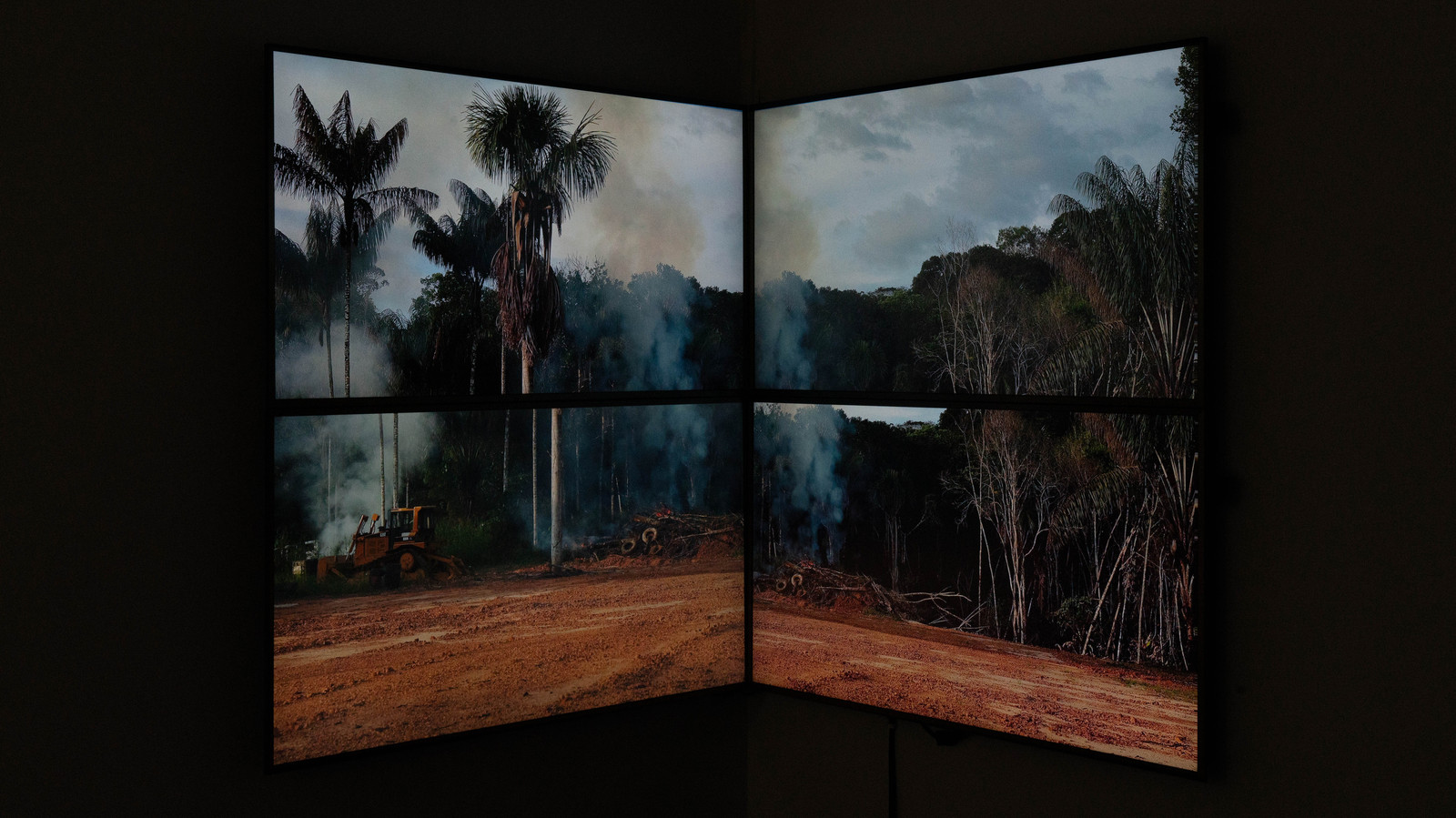
“The destruction of our environment is our own destruction.”
Speech held during the Indigenous Women March in Brasília, 9-14 August 2019
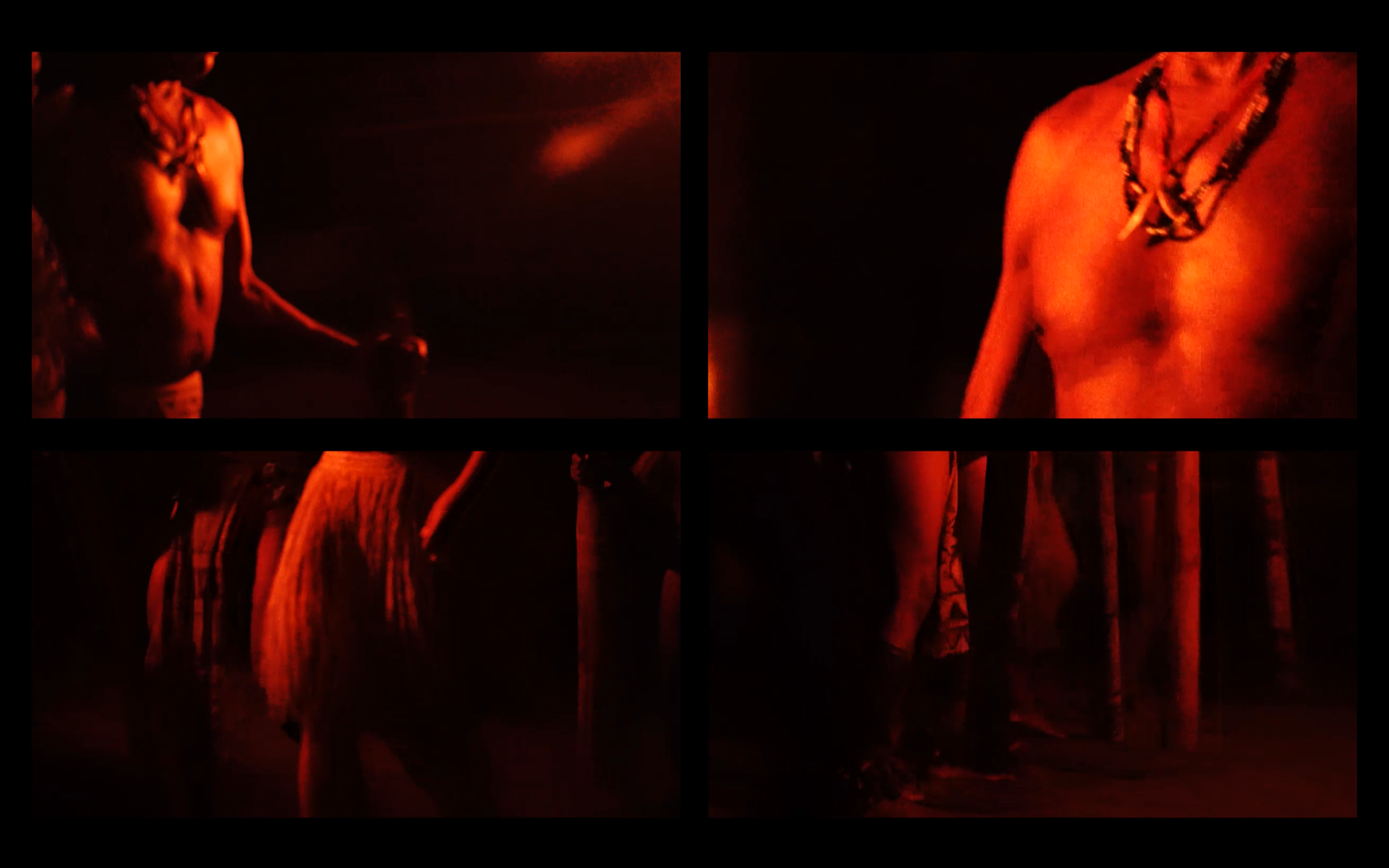
After the initial found video of Bolsonaro’s speech, Dystopia of a Jungle City continues with footage from Manaus, an industrial city in the middle of the Amazon jungle. This is accompanied by a voiceover of Maldonado reading out news headlines on rising fears among the environmentalists and the Indigenous community, combined with scientific data on the Amazon rainforest and the story of how Bolsonaro’s actions impact the Amazon and the Indigenous communities that live there. The audio is intermixed with music from the Cipiá Indigenous Community of Manaus and a story of the Amazon and the community as told by Iosokamo, who starts by telling the audience that in Tuiuka, Iosokamo means Human of Nature.
The final minutes of the film feature the footage of a speech held during the Indigenous Women March in Brasília, 9-14 August 2019: “We came here to clean up this city using our spirituality, we will enliven this rotten place, this corrupted institution; the Indigenous woman’s role is to stop this destruction. The destruction of our environment is our own destruction. We are here in this march, counting on everyone’s support being Indigenous or not, anyone who believes that the unity is the revolution.”
Carla Maldonado (Brazil, 1986) is a multimedia artist working in photography, film and site-specific installation. Her work is influenced by queer ecology and ecofeminism as a cultural form of resistance, exploring the struggle of progressive movements in Jair Bolsonaro’s Brazil and her immigrant experience in the U.S. during Donald Trump’s presidency. With a BFA in Fashion Design from Senai Cetiqt in Rio de Janeiro (2007) and a MFA in Photography, Video & Related Media from SVA in New York (2019), Maldonado currently lives and works in New York City and is AIM Fellow at The Bronx Museum.
Visual Natures (maat, 30/03–05/09/2022) is the product of more than two years of critical investigations around climate science, creative practices and eco-politics. A continuation of the data-driven installation Earth Bits – Sensing the Planetary and the public programme Climate Emergency > Emergence, both conceived and ignited by Beatrice Leanza during her directorship of the museum, the project surveys political, social and cultural forms of collective agency from the 1950s onwards that demonstrate how our understanding of “nature” informs the ways in which we organise, sustain and govern our communities as an expanding planetary construct, in concept and in practice.
On maat ext., the series #groundworks introduce the critical explorations that feed into the complex interconnectivity between the environmental and energetic quests and its reverberation through decades of artistic creation and cultural dynamics, traced from the 1950s until today, and continues these investigations through collaborations with artists, curators, archivists, researchers and activists on their work and the meanings of ecology, environmentalism and societal responsibilities in the face of climate change.
Explorations is a programme framework (maat, 2020–2022) featuring a series of exhibitions, public and educational projects delving into the multi-faceted subject of environmental transformation from various scholarly and experimental vantage points – it brings philosophical and political perspectives forward, as well as sociocultural and technological investigations interwoven in speculative and critical practices in the arts and design at large. Central to this discursive and critical effort was the establishment of the maat Climate Collective in 2021, chaired by T. J. Demos, and geared toward assembling diverse cultural practitioners working at the intersection of experimental arts and political ecology.



